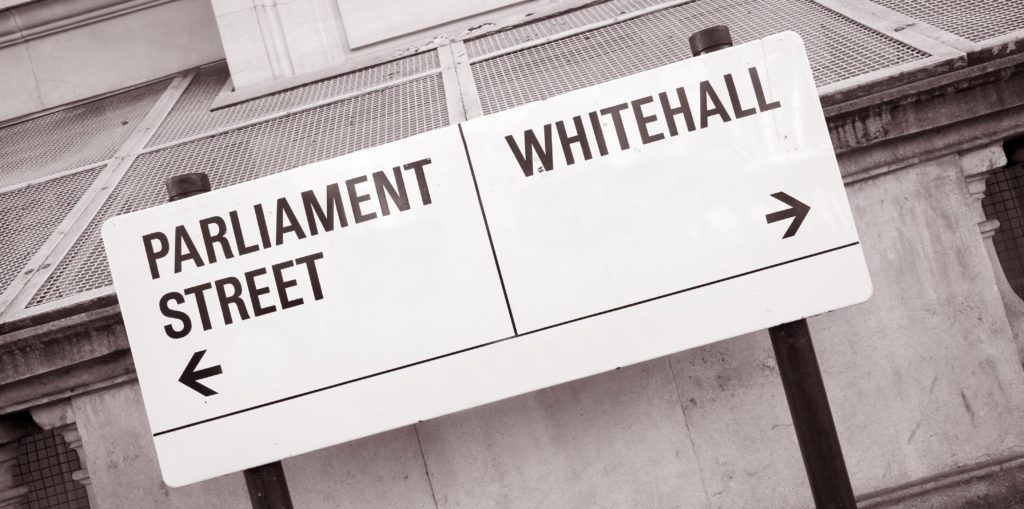Photo by Ron Sachs/CNP/ABACAPRESS.COM
‘Power devolved is power retained’ is an old Enoch Powell quote wheeled out by Scottish separatists when they want to have a pop at the UK. It’s a neat little phrase that contains a profound truth: it will sometimes suit the centre to derogate day-to-day control of important issues to subsidiary bodies, but only as long as it retains ultimate power. As the SNP would argue, the Scottish Parliament might appear to be a muscular and autonomous institution, but Westminster, a predominantly English parliament, could shut it down if it chose to.
That this is only true in theory – such a move would not end well – doesn’t disguise the fact that the British constitution is a mess, that it resembles an organogram drafted by a madman, and that this has always been so. It has evolved piecemeal over centuries to meet the crises, bulges and political fashions of the times. Outside the comment pages of The Daily Telegraph, it has rarely been the subject of the impassioned patriotic fervour its codified US equivalent attracts. And in truth this Heath-Robinson set-up has suited the UK, which is anyway a bodge job of four proud nations that often have differing cultural and philosophical expectations. For the system to work, there needs to be a lot of give.
Has that ever been truer than today? It is now twenty years since the biggest British constitutional upheaval for centuries, when Scots voted to create their own parliament in Edinburgh. Devolution, said Donald Dewar, the first First Minister, was a process not an event, and he was right. Since its inception there has been a steady transfer of further powers from Westminster to Holyrood as Scots have begun to enjoy making decisions for themselves. Brexit will deliver a whole new tranche of responsibilities in areas such as agriculture and fisheries.
The question is, where does it end? The independence referendum of 2014 delivered a barely decisive result of 55% for staying in the Union. In its aftermath, amid a spasm of tartan emotionalism, the popularity of the SNP surged and it has won every election since. Nicola Sturgeon would still like to hold a second referendum before the next devolved election in 2021. Has devolution only meant the drawn-out death, like a slow puncture, of the United Kingdom?
I focus on Scotland only because it provides us with a particularly dramatic example of the restlessness we currently witness across Western democracies. The old, top-down ways that saw strong central governments ruling at snail’s pace over subservient populaces – who were largely forced to take whatever gruel they were given no longer seem appropriate or durable. In our contemporary, fast-moving world of heavily politicised populations that are liberated, informed and engaged by social media, of big data that enables policy analysis and delivery at micro levels, of hyper-consumerism that expects responsive, individualised service from the state as well as the private sector, things must – and will – change.
If you have any doubts about this, look at research by Harvard’s Yascha Mounk and others, which has found public support for democracy is dropping, particularly among millennials. Alarming statistics abound: the share of Americans who say army rule would be a ‘good’ or ‘very good’ thing was one in 16 in 1995 but just one in 6 by 2014. Only 19% of US millennials thought it illegitimate for the military to take over if the government were incompetent, compared to 43% of older Americans. In Europe, 53% of older people thought a military takeover would be wrong, but only 36% of millennials.

 Main Edition
Main Edition US
US FR
FR







Join the discussion
Join like minded readers that support our journalism by becoming a paid subscriber
To join the discussion in the comments, become a paid subscriber.
Join like minded readers that support our journalism, read unlimited articles and enjoy other subscriber-only benefits.
Subscribe